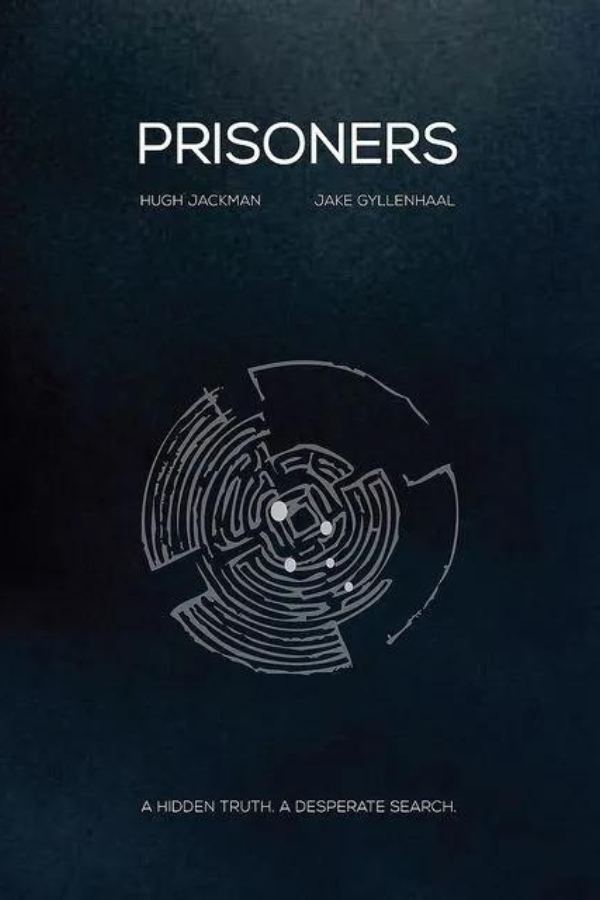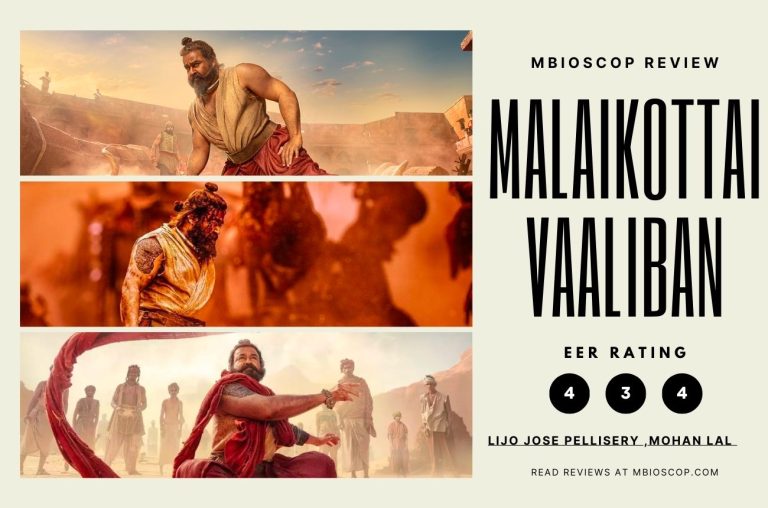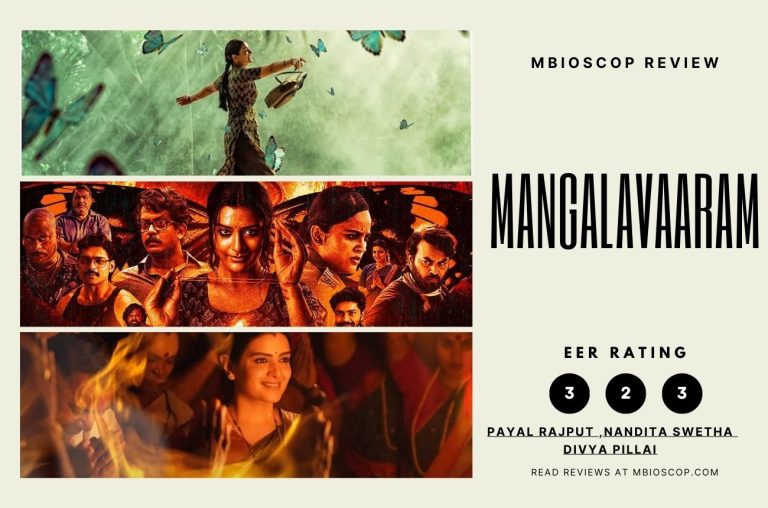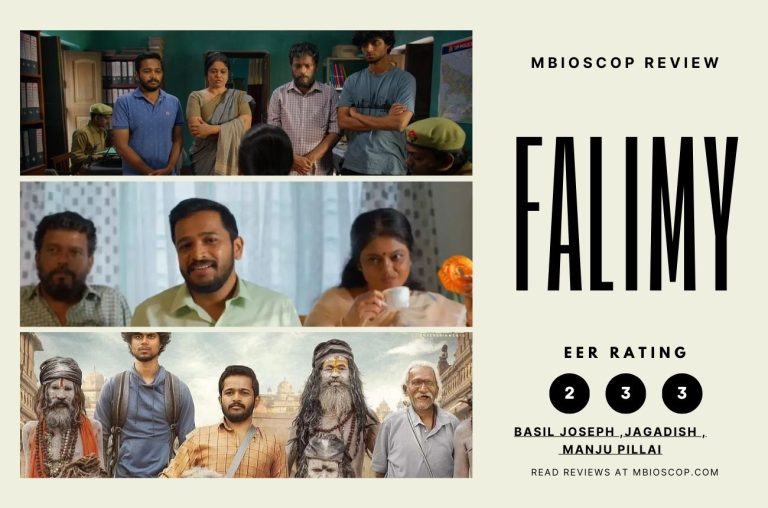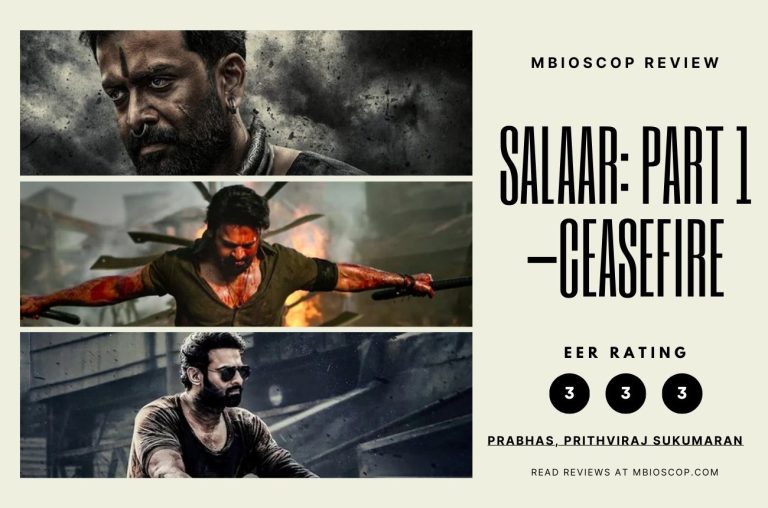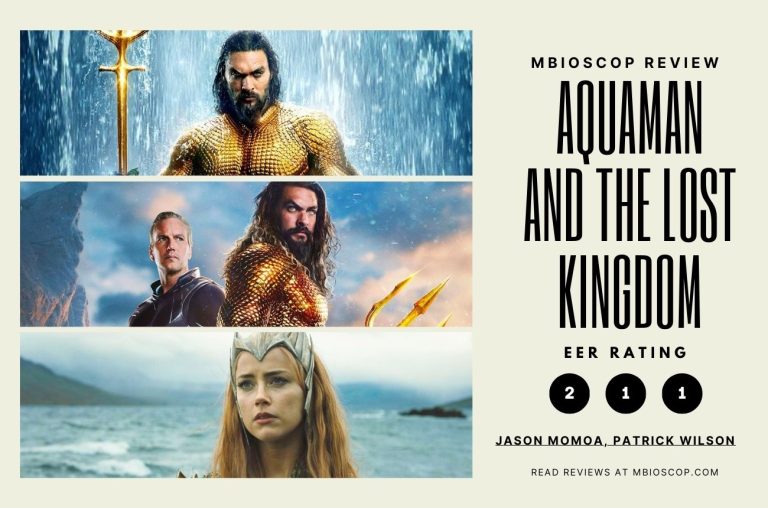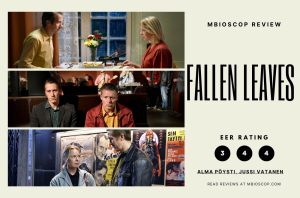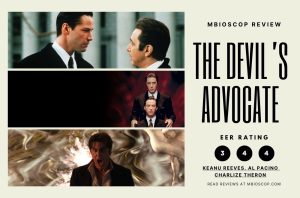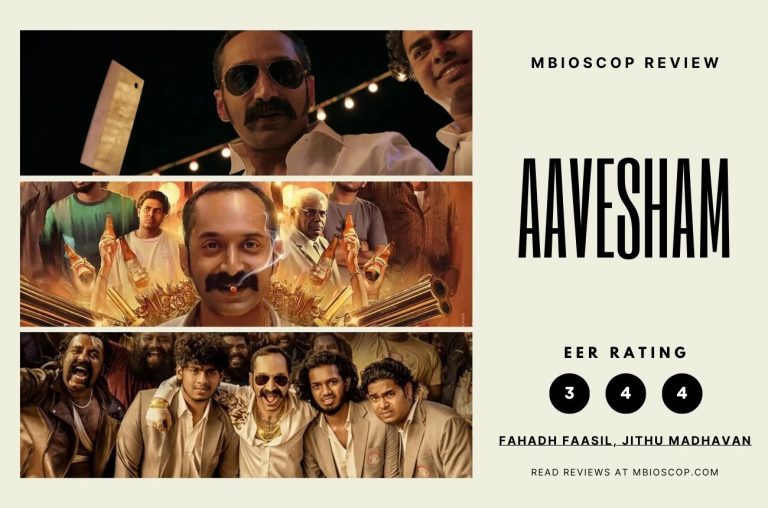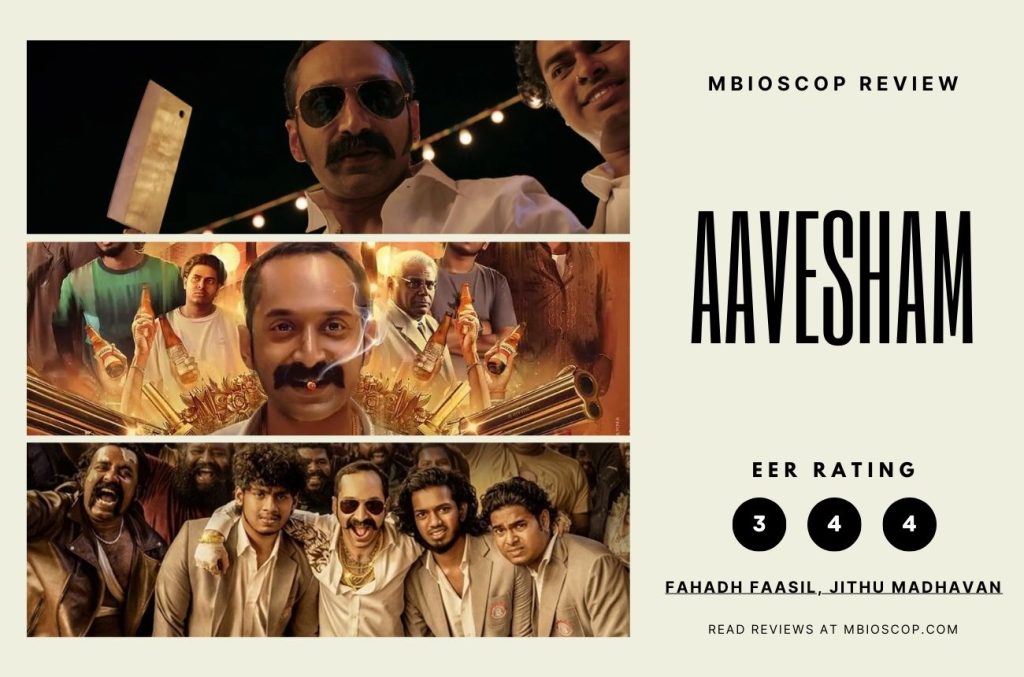Denis Villeneuve, a director with a penchant for exploring the psychological aftermath of violence, takes a profound leap with “Prisoners.” In this film, he weaves a tapestry that not only mirrors his earlier works like the chilling “Polytechnique” and the Oscar-nominated “Incendies” but also stands as a testament to his growth as a filmmaker. Villeneuve’s fascination with the enduring impact of violence serves as the thematic backbone of “Prisoners,” a narrative that unfolds against the backdrop of small-town, God-fearing America.
The opening scene, a father-son deer-hunting trip, establishes the film’s measured and quietly confident tone. Hugh Jackman’s character, Keller Dover, a Pennsylvania carpenter, sets the stage for the unfolding drama with cautionary words to his teenage son. A crucifix dangles from the rear-view mirror, creating an illusion of domestic tranquility, sharply contrasted by the late autumn chill in the air. Villeneuve masterfully uses this scene to foreshadow the predator-prey motif that permeates the narrative.
The film’s initial scenes portray a seemingly idyllic family, with Keller’s wife, Grace (Maria Bello), and their 6-year-old daughter, Anna (Erin Gerasimovich), awaiting his return at home. The basement stocked with emergency provisions for a nuclear holocaust becomes a metaphorical representation of the characters’ attempt to shield themselves from unforeseen disasters. It is within this facade of suburban normalcy that the film’s central mystery unravels.
Thanksgiving, a holiday associated with warmth and familial togetherness, takes a dark turn as two young girls, Anna and Joy, vanish without a trace. The disappearance occurs on a quaint suburban street, where people walk over to neighbors for Thanksgiving dinner, feeling relatively insulated from the world’s violent ills. This stark contrast sets the stage for the film’s exploration of the unexpected and the sinister lurking beneath the veneer of normalcy.
Detective Loki, portrayed by Jake Gyllenhaal, enters the scene with a noir-esque aura and a record of never failing to solve a case. Villeneuve employs cinematic techniques, such as rain sheeting down, to add a layer of suspense as Loki responds to the case. The cinematography, courtesy of Roger Deakins, bathes the film in wintry blues and blacks, creating an atmosphere with an expressionist edge that heightens the tension, making every frame a visual masterpiece.
The plot takes an unexpected turn when a seemingly suspicious man-child named Alex, played with eerie perfection by Paul Dano, becomes the initial suspect. “Prisoners” subverts expectations by revealing that Alex may not be the kidnapper, challenging both the characters and the audience’s preconceptions. Keller Dover, convinced of Alex’s guilt, takes matters into his own hands, becoming a captor himself. This decision adds a complex layer to the narrative, blurring the lines between right and wrong.
Aaron Guzikowski’s script shines in its ability to satisfy necessary plot machinations while delving into vivid, multi-dimensional characters. Each revelation adds depth to the story, maintaining a delicate balance between suspense and character development. Villeneuve’s direction keeps a vise-like grip on the viewer without resorting to cheap shock effects, allowing the film to breathe and unfold organically. The pacing is deliberate, heightening the emotional impact of each scene.
“Prisoners” transcends the trappings of a typical thriller, avoiding self-conscious allegory and moral debates that could weigh down the narrative. The thorny questions of right and wrong simmer beneath the surface, subtly influencing the characters’ actions and decisions. Villeneuve’s approach ensures that nothing is belabored, allowing the audience to engage with the film on multiple levels.
Hugh Jackman delivers a career-defining performance as Keller Dover, a true believer forced to question his beliefs in the face of adversity. His portrayal exudes a solid, rugged Americanness, devoid of vanity and driven by a desire to protect his family. Maria Bello and Viola Davis, in just a handful of scenes, convey the profound weight of maternal grief, adding emotional resonance to the film. Melissa Leo, in a role rife with opportunities for melodrama, opts for a nuanced portrayal that reflects the disappointments of life.
The ensemble cast, under Villeneuve’s direction, delivers standout performances, creating a film where every role contributes meaningfully to the narrative. Each character becomes a piece of the intricate puzzle, and the chemistry between the actors enhances the authenticity of the relationships portrayed on screen. The collaborative efforts of cinematographer Roger Deakins and editors Joel Cox and Gary Roach further enhance the film’s densely constructed narrative web.
Johann Johannsson’s haunting and mournful score becomes an integral part of the film, striking just the right notes to amplify the emotional impact. The composer, making his big-studio debut, adds a layer of depth to the storytelling, complementing the visuals and performances. The music becomes a silent yet powerful character, guiding the audience through the ebb and flow of emotions.
In conclusion, “Prisoners” emerges as a masterclass in filmmaking, successfully navigating the complexities of its plot while maintaining a focus on rich, authentic character portrayals. Villeneuve’s direction, coupled with a stellar cast and a meticulous creative team, crafts a cinematic experience that transcends the boundaries of its genre. The film’s exploration of morality, grief, and the human psyche unfolds on a grand canvas, leaving a lasting impression on audiences and solidifying Denis Villeneuve’s status as a visionary filmmaker.


